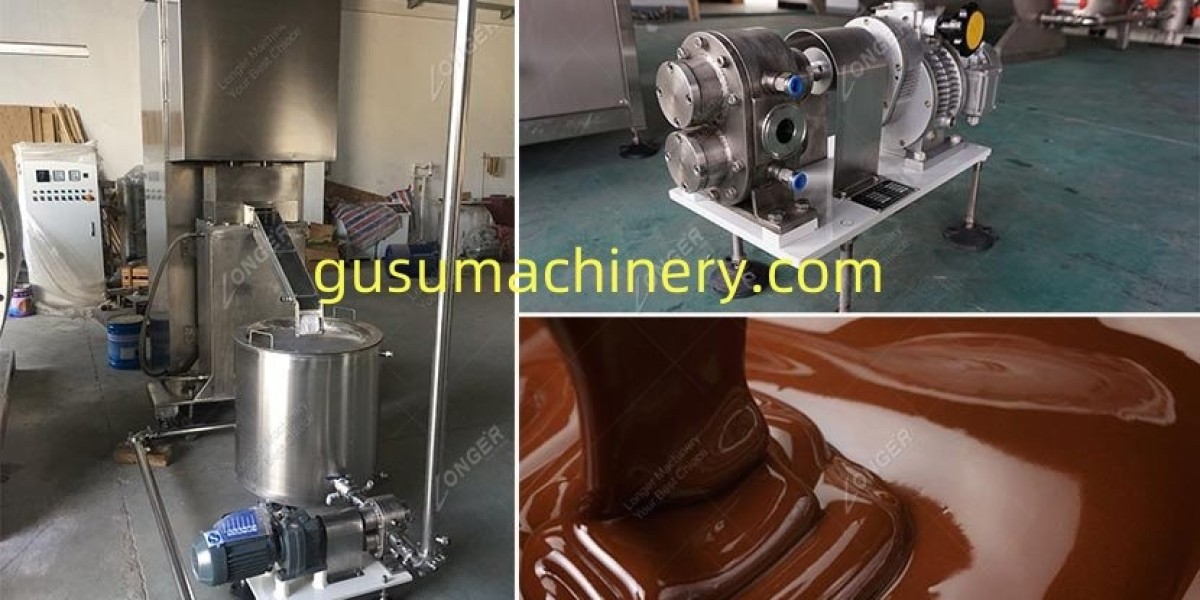The Food Machine from Gusumachinery represents a refined approach to food production, merging craftsmanship with reliable automation. Designed to support various sectors of food processing, it emphasizes stability, hygiene, and structural precision. This integration of smart design and consistent operation allows producers to maintain product quality while adapting to new trends and requirements across diverse markets.
Modern food production relies on machinery that bridges traditional techniques with efficient automation. The balance between mechanical performance and user-friendly control determines how smoothly each process runs. A well-designed system enhances workflow continuity, minimizes interruptions, and supports operators through intuitive interfaces that make adjustments easy and predictable.
In food manufacturing, small details define big outcomes. From ingredient mixing to shaping and packaging, consistency is not only about quantity but about maintaining a recognizable identity in every batch. Contemporary machinery supports this by controlling timing, pressure, and motion, ensuring uniform results across multiple production runs. Such control systems create a rhythm that defines efficiency and dependability in every operation.
Sustainability and energy awareness continue to influence machine design. Equipment that focuses on efficient energy use and reduced waste plays a vital role in modern factories. Streamlined structures, simplified maintenance, and materials designed for longevity contribute to responsible production that meets both economic and environmental expectations.
Flexibility is another cornerstone of innovation in the food equipment industry. Machines capable of adapting to different recipes or production scales empower manufacturers to meet changing market demands. Modular systems and adjustable configurations provide versatility, allowing one platform to handle multiple product types without compromising on quality or process precision.
Beyond production, hygiene standards form a critical foundation. Smooth surfaces, accessible components, and easy-to-clean structures ensure compliance with modern sanitation requirements. Food safety is integrated into every stage of the design, creating an environment where productivity and cleanliness coexist without conflict.
Automation, digital monitoring, and data-assisted controls now guide the next phase of industrial food processing. Real-time feedback systems help operators make informed decisions, improving efficiency while maintaining process stability. This transformation highlights how machinery has evolved from being purely mechanical to becoming an intelligent partner in production.
The growing global demand for diverse, high-quality food products continues to encourage machinery innovation. As production requirements evolve, so too must the equipment that drives them. The future of food manufacturing will be defined by machines that not only perform but also adapt intelligently to dynamic market shifts and consumer expectations.
To witness how precision engineering and thoughtful design converge in the world of modern food production, visit https://www.gusumachinery.com/product/ today. Enter a space where innovation shapes every movement, and machinery turns creativity into flavor.








